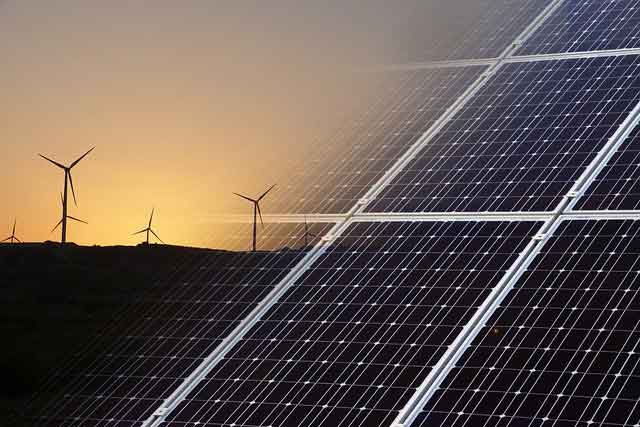Bangladesh, India sign power deal
NEW DELHI, INDIA - Bangladesh and India signed a power transmission agreement for electricity to be imported to energy-starved Bangladesh.
Initially, 250 megawatts of power would be available to Bangladesh from India, with transmission to start in 2012.
Under the deal, state-owned Power Grid Corporation of India Ltd. will invest and construct 50 miles of transmission line, which it will own, operate and maintain. PGCIL will recover the construction costs under a fixed rate over 35 years.
While the agreement is limited to importing 500 megawatts of electricity from India, state-owned Bangladesh Power Development Board Chairman Alamgir Kabir said that more interconnections might be built in the future with Nepal, Bhutan and Myanmar to ensure greater energy security.
The agreement is the result of a memorandum of understanding signed in January during Bangladeshi Prime Minister Sheikh Hasina's visit to New Delhi.
Bangladeshi Finance Minister AMA Muhith commended the speed in which the agreement was reached, adding that he hopes "the pace will continue in implementing the project," Bangladesh's Daily Star newspaper reports.
Just 47 percent of the population in Bangladesh has electricity, says the government. Its goal is to provide electricity to all citizens by 2020.
Severe power outages are the norm, as the country witnesses a deficit of 1,000 to 1,500 megawatts of power, exacerbated by a fast-growing economy.
The International Monetary Fund said in April that Bangladesh's economy would slide to 5 percent a year - the worst performance in eight years - due largely to the country's worsening energy crisis.
Earlier this month Muhith urged investment in Bangladesh's ailing power sector to speed up the country's economic growth.
"We are in a critical situation due to a power crisis," he said.
While Bangladesh has maintained a gross domestic product growth rate of more than 5 percent since 1995, he said, it has the potential to reach 8 percent.
"The country has a huge prospect of phenomenal growth if the power crisis can be mitigated," said Muhith.
Bangladesh would need $9.32 billion to generate around 7,000 megawatts of electricity in the private sector by 2015 and about $3.84 billion to generate around 4,000 megawatts in the public sector, said Kabir of the power development board.
In May, Bangladesh and Russia signed a framework agreement for Bangladesh's first nuclear plant, expected to produce at least 2,000 megawatts of electricity by 2020. Bangladesh aims to have nuclear energy account for 10 percent of its total power generation by that time.
Related News

Chester County Landfill Converts Methane to Renewable Gas
PARIS - In a significant environmental initiative, the Southeastern Chester County Refuse Authority (SECCRA) has partnered with French energy company Waga Energy to convert methane emissions from its landfill into renewable natural gas (RNG). This collaboration aims to reduce greenhouse gas emissions and provide sustainable energy to the local community.
Understanding the Issue
Landfills are a substantial source of methane emissions, accounting for over 14% of human-induced methane emissions, according to the U.S. Environmental Protection Agency. Methane is a potent greenhouse gas, trapping more heat in the atmosphere than carbon dioxide, making its reduction crucial in the fight against climate…




